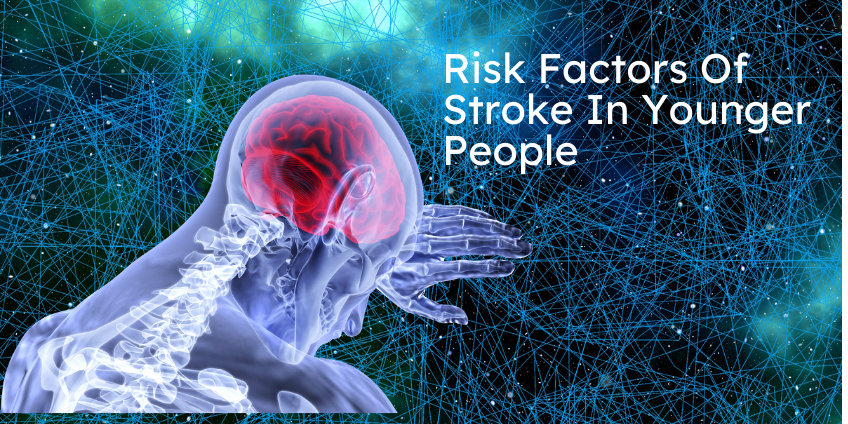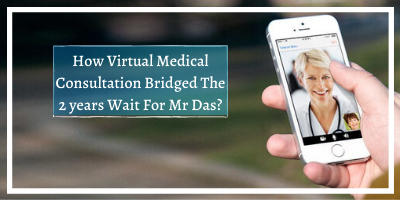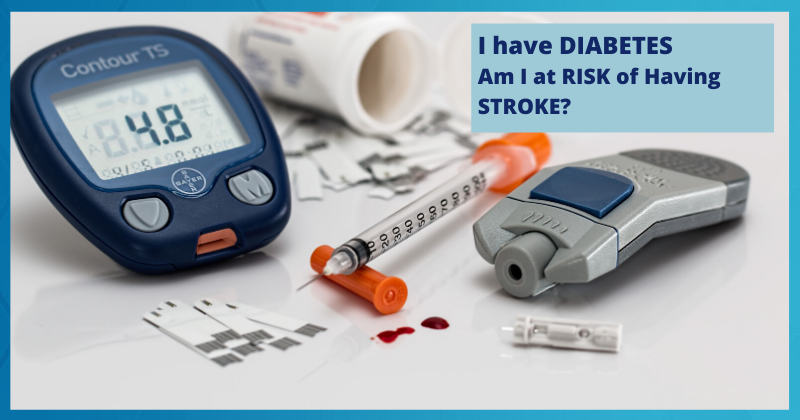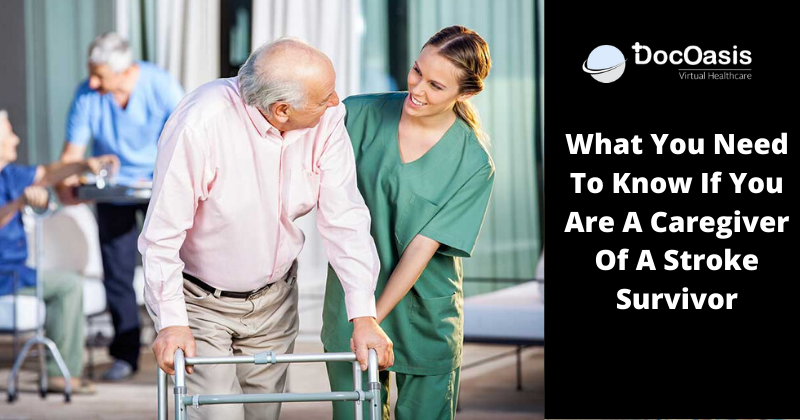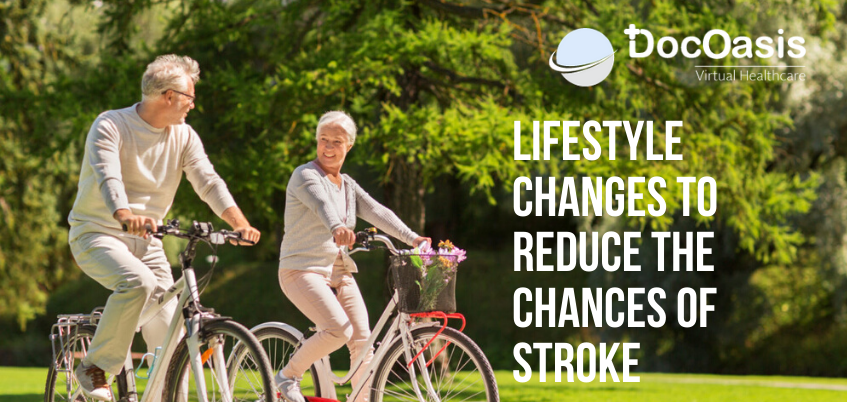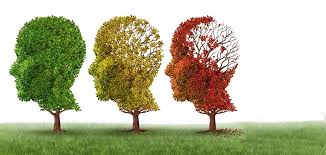I love this technology and amazed to see how the technology bridged the 5604 km distance (UK to Kolkata Flight Distance) and a wait of 2 years in a few days with few steps.
A simple email made all the difference.
Mr. Das was trying to get an appointment from Dr. Dwaipayan Sen for his father-in-law who is having some neurological disorder.
He has been waiting to book an appointment for 2 years. WOW that’s a lot of time… Isn’t It?
At least, this is what he said in his email.
In his email, he highlighted as Dr. Sen stays most of the time abroad, he has not been successful to book an appointment with him. He wanted to find out if in any way he can get an appointment from him for his father-in-law in near future.
I know what you must be thinking?
Why would one wait for 2 years for a consultation? Yes, he consulted somebody else.
But as the neurological symptoms persisted with his father-in-law he was not sure and wanted to consult Dr. Dwaipayan Sen for a second opinion.
To this, he was introduced to DocOasis by Dr. Dwaipayan Sen
You must be thinking… Now what is DocOasis?
DocOasis is an online consultation platform helping you to connect to Dr. Dwaipayan Sen across the globe virtually for a second opinion in fields of Stroke, Geriatric Medicine, Elderly Neurological Diseases and on General Medicine.
In a way it helps to validate your current diagnosis and treatment virtually from the comfort of your home.
Mr. Das was initially a bit hesitant about using technology for the consultation but thinking he how very much wanted the appointment he booked the video consultation with Dr. Dwaipayan Sen, Consultant Stroke Physician UK through DocOasis.
He created an account, submitted a summary of the health problem his father-in-law was having, current medicines undertaken by him, test results and the imaging studies from the previous consultation through the portal and booked the video consultation with the doctor.
To find out how the 30 minutes of the consultation went, we (DocOasis) asked him to leave a review and the review that came from him is
“Recently I consulted Dr. Sen for my father in law who has been suffering from Parkinson for last 2 years. Initially, I contacted Dr Sen for his appointment through e-mail and amazed to see his answer within an hour with suitable guideline. It was an unbelievable experience of video conference with Dr. Sen.
I appreciate Dr. Sen for his detail explanation about the root cause of the disease as well as it’s remedies. His personality coupled with his great knowledge towards his subjects has been reflected in every words of his advice.
Moreover, his behaviour towards the patient as well as his family members build up a confidence in patient’s mind. We are really grateful to Dr. Sen and will look forward to his advice further.
I would also like to appreciate the support team of DocOasis for their very prompt response regarding all kind of helps. Many thanks again to Dr. Sen and the team.
Regards,
Mr Das”
Further to this he did all the tests requested by the doctor and booked a follow up with the doctor again through video consultation. But this time he was more confident in using the technology.
Who would have thought about consulting a doctor virtually before the year 1998?
Thanks to Google and the Skype Founders and similar technologies who is bridging the distance and waiting gap and strengthening the interaction between patients and doctors across the globe.
So, today in this internet age with a phone/laptop and internet connection, patients can receive medical advice/second opinion from world best doctors without leaving the comfort of their homes.
Harnessing the power of technology, with virtual second opinion a patient can get confirmation on their current diagnosis and treatment or get recommendation on additional treatment options from doctors across the globe. Just like Mr. Das who consulted Dr. Dwaipayan Sen Consultant Stroke Physician UK (NHS) through DocOasis to validate his treatment on the current diagnosis
Now, the question is do we need second opinion?
Sometimes, we might notice that the symptoms are persisting, and the proposed treatment is not working as it should have, it puts so many questions in your mind i.e.
Have I been misdiagnosed, and should I consult a different doctor for a second opinion?
Well, misdiagnosis is not rare. But people only come to this conclusion only after a severe incident has happened to the patient.
According to a recent study by Johns Hopkins, in USA more than 250,000 people in the United States die every year from medical errors making it the 3rd cause of death after cancer and heart disease.
So, if you have a hunch that your current diagnosis is not right, or you want to explore the other alternatives for the treatment, it is advisable to take a second opinion from the doctor.
Because getting a second opinion from another doctor can help you make informed decisions about the treatment plan. Just like Mr. Das did by consulting Dr. Dwaipayan Sen through DocOasis…
When To Seek A Second Opinion?
Summary of the possible situations when you can go for a second opinion.
- If you have doubts about the recommended treatment and wanted a second opinion from another doctor, it is advisable to seek a second opinion
- If there was not enough communication between both parties and you wanted to be more informed, please seek one
- If there is more than one route to the treatment, please seek for a second opinion
- If the treatment is not effective and the symptoms persist.
- Many patients with complex medical questions or concerns may be looking for answers, alternatives, or peace of mind. If you are unsure about your treatment plan, have symptoms that have not been explained, or have been diagnosed with a life-changing illness, an online second opinion can help.. Another perspective to be taken into consideration.
Some interesting stats indicating how Medical Second Opinion has helped patients.
For example, in a study conducted by Mayo Clinic on patients who wanted a second opinion found
66% Of Patients Received Refined Diagnosis
22% Of Patients Diagnosed with Something Different
12% Of Patients Were Confirmed the original diagnosis
Another data collected by Pinnacle Care on their 1,000 Members found
3% Had a Change In Diagnosis
21% Changed Treatment Plans
2% Didn’t need surgery though initially recommended by their Physician
But people sometime hesitate to get a second opinion thinking it might upset their doctor, it might be expensive, it is a difficult process to seek a second opinion, take things for granted thinking my health condition isn’t life threatening.
But these are all myths. It’s your life. It’s your decision.
So, in this day and age where technology is moving at a fast pace, seeking a virtual second opinion from top specialist doctors is not impossible. You owe it yourself to explore your options in validating your treatment by world’s top doctors.
So, if there is a hunch that your diagnosis is not correct or want to validate your treatment in fields of Stroke, Elderly Neurological Diseases, Geriatric Medicine, book a consultation with Dr. Dwaipayan Sen on DocOasis.
Reference:
https://www.verywellhealth.com/how-common-is-misdiagnosis-or-missed-diagnosis-2615481
Mayo Clinic researchers demonstrate value of second opinions
https://www.pinnaclecare.com/highlights/blog//data-shows-second-opinions-can-change-the-course-of-your-healthcare//
https://www.cnbc.com/2018/02/22/medical-errors-third-leading-cause-of-death-in-america.html

